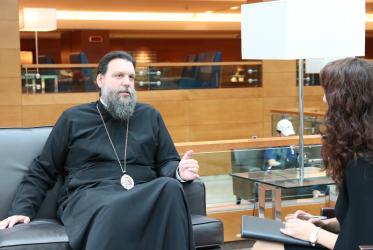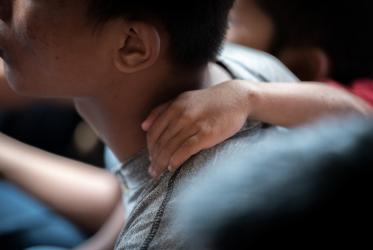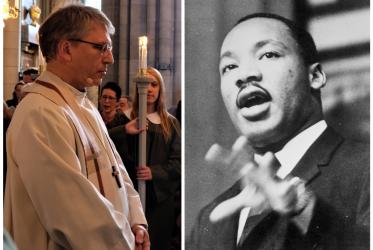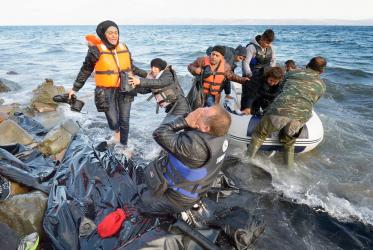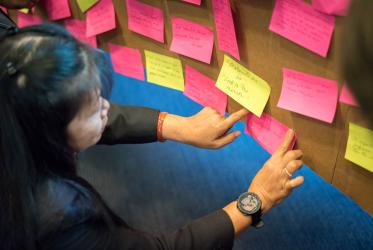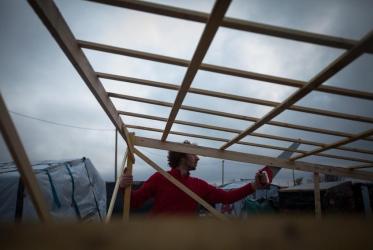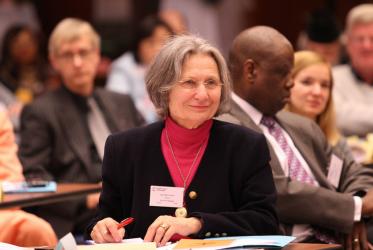Displaying 61 - 80 of 106
WCC Executive Committee envisions future for one ecumenical movement
08 November 2018
WCC encourages churches’ work with migrants, refugees
07 November 2018
Looking back and ahead
31 October 2018
WCC president for Europe: “Develop local dialogue”
22 October 2018
The year that shook the world: 1968 in retrospect
18 October 2018
World conference on xenophobia, racism, and populist nationalism in the context of global migration
18 - 20 September 2018
Ergife Palace Hotel, via Aurelia 619, Rome, Italy
#WCC70: A chance to change
21 February 2018
Trying to do good for the world
18 December 2017
WCC, Vatican confront xenophobia, populism and racism
16 December 2017
